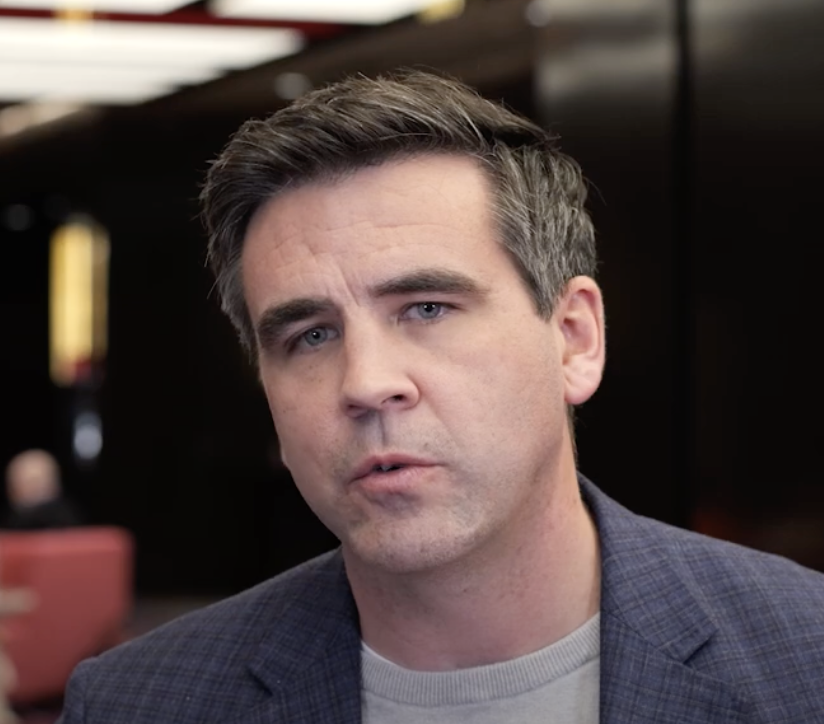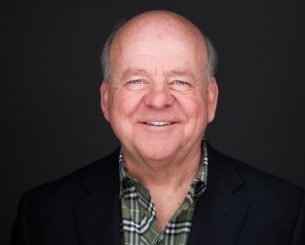We came across an article in AdAge this week that interviews Dom Sagolla, a former quality control engineer that worked on Twitter. His story is a pretty interesting one, but it’s the kind when reading that you really want to hear when he’s drunk. This is a guy that was part of Twitter before it was Twitter. He worked at a company called Odeo, a podcasting company that will forever be known not for its work in podcasting but for hatching the idea that was to become the company that was Twitter, with Dom Sagolla, though. He worked at Odeo, but as intimated by the article was not retained to work at Twitter once Odeo dissolved. For those living outside of Silicon Valley, that a podcasting company would have birthed the next "it" thing doesn’t naturally compute, until you start to look up the history of its three now famous founders – Jack Dorsey, Evan Williams, and Isaac "Biz" Stone. First Williams. You might not have heard of Pyra Labs, but you will have heard of Blogger, the blogging company bought by that little company called Google. He was a founder of Odeo. Publishing and leveraging the latest in technology is his DNA. He also had the street cred and subsequent to the Google say, cash. Less is written about Stone, but who it seems knew Williams from the Blogger days. Dorsey is the other wild card, not part of Blogger but instrumental in the actual code development for Twitter, a lauded software engineer and appears to operate in the background as Stone and Williams’ names have become more closely linked with that of Twitter’s.
Yesterday, on October 21, Twitter celebrated an anniversary of sorts. October 21, 2006 is when it was announced that Odeo, Evan William’s company that incubated Twitter, was shutting down, and that Williams, Stone, and Dorsey were forming a new venture, Obvious Corp, whose first order of business was obtaining the Odeo assets, i.e., Twitter. That the story was even known at all, is testament to William’s own belief in blogging, for he shared the news on his personal blog. He writes, "Odeo has been acquired by a new company called Obvious Corp. Obvious Corp was started by myself, with help from long-time collaborator, Biz Stone, and other Odeo people. Obvious has purchased all the assets of Odeo, Inc.—including odeo.com and twitter.com from the investors and other shareholders and will continue to run these services. Obvious is fully funded by me and, eventually, will create other things, as well." The post includes how he became part of Odeo, in which he says "it was at first supposed to be a part-time thing, as an advisor and investor. I got sucked in for numerous reasons, including my own ego, the hype surrounding podcasting, and a strong belief that there was a big opportunity there that I was uniquely suited to help realize in a short amount of time."
A key to the "Obvious" story is what sits at the surface as transparent, but to which there is no doubt a large subtext. It is where Williams says, "I believe there is a lot of value in what we’ve built—both Odeo and Twitter—but I did not believe the structure was going to lead to the kind of success we wanted. In the new company, with a new structure, and a new model, I think they are great investments." For those in the performance-marketing sector, what comes later, that new structure, and by the converse what the old model didn’t have, will ring true. Williams says, "I just wanted to create a company that would be as much fun and as fulfilling as possible. Fun in work to me means a lot of freedom, and ton of creativity, working with people I respect and like, and pursuing ideas that are just crazy enough to work. I don’t want to have to worry about getting buy-in from executives or a board, raising money, worrying about investor’s perceptions, or cashing out." Luckily, for him, the investors of Odeo agreed, one of whom George Zachary, wrote on his blog, "Evan wanted a structure with maximum flexibility without the overhead of additional investors other than himself. He made a good and fair proposal to the board of Odeo and we happily accepted. Everyone around the table was happy to recognize the obvious and support Evan in his goal of starting Obvious." Charles River Ventures did participate in the Series A round for Twitter, perhaps, the ability to come back in was part of the deal.
In covering the Odeo Rodeo, Om Malik was once again prescient when he wrote, "I do believe using SMS-text messages for informal blogging is going to become as popular as blogging has become today. It will have the spontaneity and intimacy of the blogging’s early days." For us, the fun is also in taking that step back to learn about the story behind the story. One of the recurring ones we see is that things don’t necessarily go according to plans. Twitter was hatched out of Obvious, but it was really meant to be cell based service and to follow Obvious’ initial plans of charging for the new services. Tweets conform to cell phone text messages in length, but it’s initial inception as an SMS based social networking service isn’t what took off. The web version did. Today, Twitter is in the news almost daily. Depending on how you look at it, Twitter is in the news daily, because, like a URL, a Twitter handle in addition to a Facebook page has become practically mandatory, especially for those who publish to an audience. Something like 20million people use Twitter, and combined they’ve published more than 5 billion tweets with both numbers only increasing. Certain things though haven’t changed about the service. It was always very progressive and very open, and that early on access has made Twitter less about the three guys behind it and more about the community that figured out what to do with it.
 Network
Network

